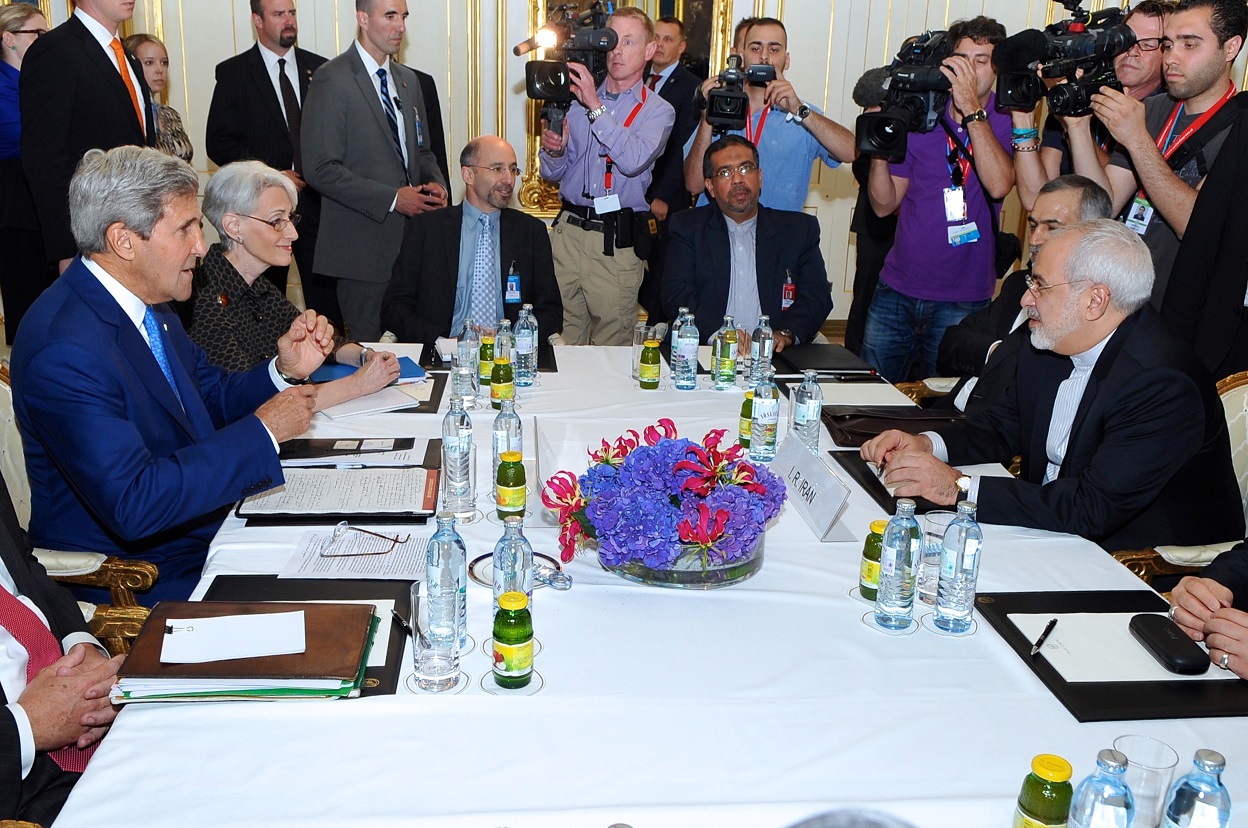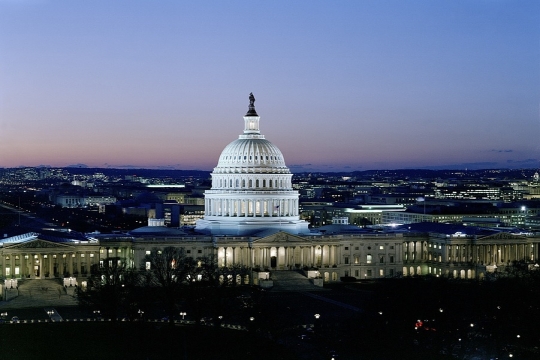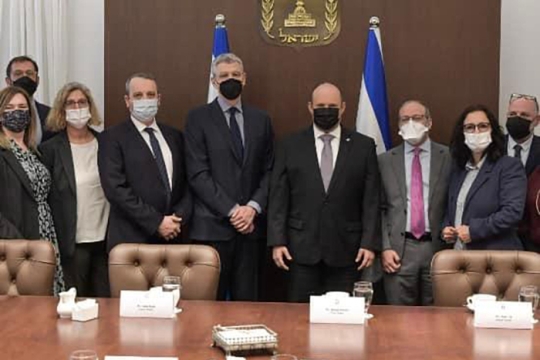
Now that the September 17 deadline for congressional action on the Iran Nuclear Deal has passed, many are wondering what will come next. Will Iran receive immediate sanctions relief? Who is supposed to make sure they do not violate the terms of the deal? What comes next for the relationship between the United States and Israel?
Many hurdles still need to be cleared before the agreement enters into full force. The deal will be formally adopted on October 18, after the P5+1 and Iran complete some preliminary steps. Most importantly, Iran will have to report on any military dimensions its nuclear program has had to the International Atomic Energy Agency (IAEA). IAEA officials have already taken environmental samples at one site critical to this investigation. Supreme Leader Ayatollah Ali Khamenei ordered Iran's Parliament to vote on the deal as well. While the Parliament is expected to endorse the deal, Speaker Ali Larijani predicts a dramatic debate that could not produce an official decision for about a month.
World powers will not lift sanctions until a much later "implementation day.” Between adoption day and implementation day, Iran will have to remove thousands of centrifuges, ship all but 300 kilograms of its uranium overseas and remove the core of its plutonium reactor. All of these steps and verification with inspectors could take many months. Secretary of State John Kerry has already appointed Ambassador Stephen D. Mull as lead monitor for these efforts on behalf of the United States. European leaders, who announced their approval of the deal on July 20, have already been traveling to Iran and are seeking out business opportunities.
US government officials are considering a number of steps as the long adoption and implementation process begins. Congress is crafting legislation aimed at strengthening Israeli security, addressing concerns raised by America's allies in the Persian Gulf region and reauthorizing the Iran Sanctions Act so that American sanctions can quickly snap back into place if Iran violates the deal. New defense packages for Israel have taken center stage in this discussion.
During a Rosh Hashanah reception at his residence earlier this month, Vice President Biden spoke of the administration’s readiness to provide Israel with a long-term defense package: “We are fully prepared to sit down with the Israeli defense leadership with a menu and say, ‘What do you need?’ We are prepared to do a 10-year MOU [memorandum of understanding] for Israel’s defense.” Such security assurances, among other issues related to the future of the US-Israel relationship, will likely be at the top of the agenda when Defense Minister Moshe Ya’alon meets with Secretary of Defense Ashton Carter, and Prime Minister Netanyahu meets with Secretary Kerry and President Obama in the coming months.
As this deal moves into a more drawn out, technical process, it is important to remember that the teaching, “seek peace and pursue it” (Psalm 34:14) reminds us to be constantly vigilant as this deal proceeds. Neither adoption nor implementation of this deal will guarantee the peace we seek in the Middle East. Rather, it is the responsibility of those who seek peace to ensure Iran’s compliance, continue to address Iran’s human rights violations and help Israel meet its unique security needs. In addition, we should pursue peace within our own pro-Israel community, using this season of introspection to begin mending the ties that were strained during a tense summer of debate.
Read about the Iran Deal, our responses, and more on our Iran issue page.
Related Posts

The Injustice of False Choices

Civil Discourse – How to Facilitate Productive Conversations about Hard Topics

